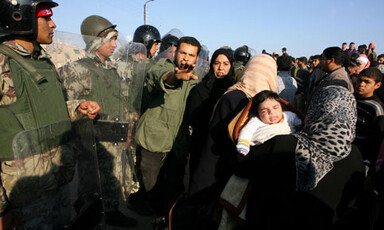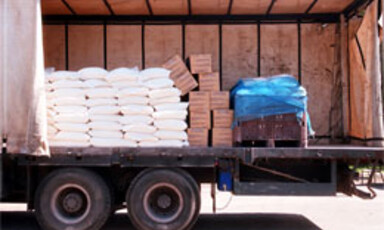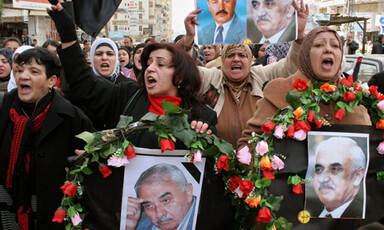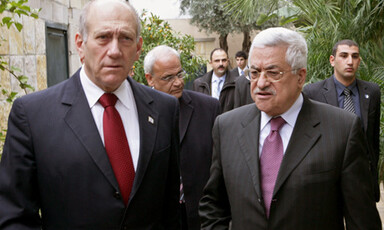
Israel threatens further supply cuts to Gaza
30 January 2008
Israeli leaders, incensed that Egyptian President Hosni Mubarak had not resurrected the felled border wall and stopped the Gazans from entering, began suggesting that they would relinquish control of the strip altogether, leaving Egypt responsibile for the 1.5 million inhabitants of Gaza. “We need to understand that when Gaza is open to the other side, we lose responsibility for it,” said Israel’s deputy defense minister Matan Vilnai. “So we want to disconnect from it.” Read more about Israel threatens further supply cuts to Gaza








